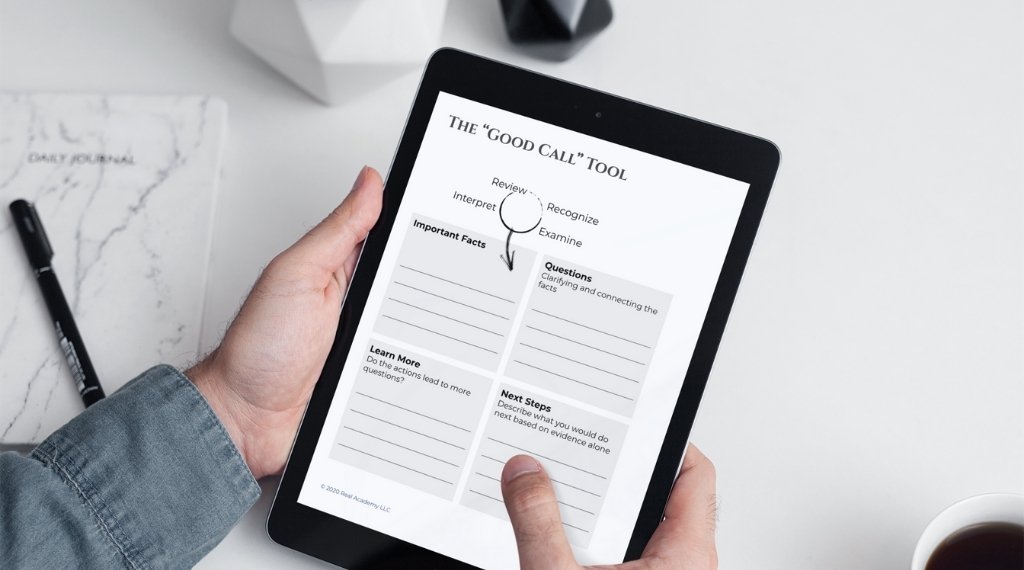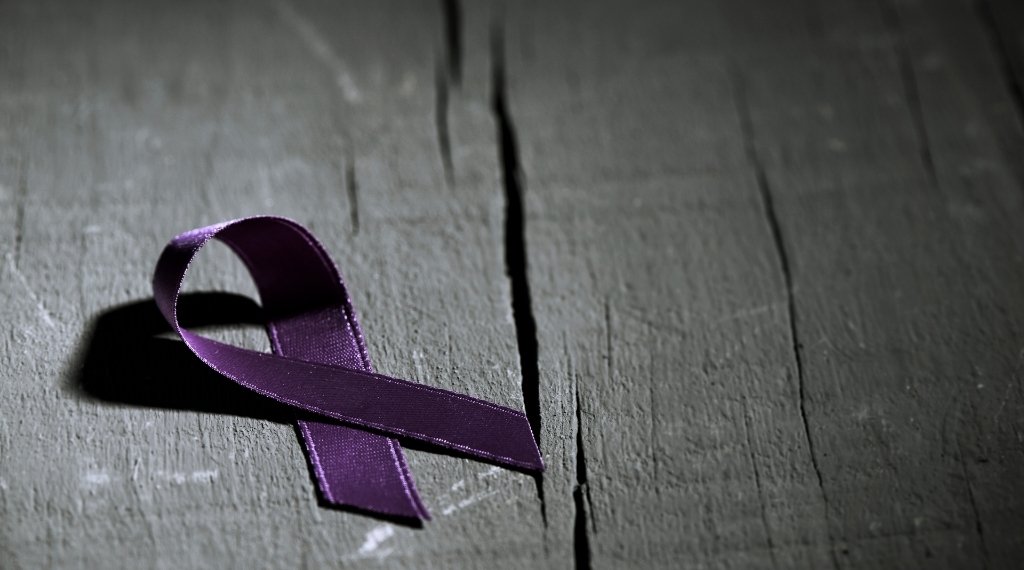In social work there are a lot of interesting challenges that come our way. Recently, our team at REAL Academy has focused our training development efforts on our Child Protective workers (CPS). Over and over we have found that our social workers come up short on tools that help them do their jobs well. In the REAL world, intake workers, investigators, and supervisors have to make good decisions under difficult situations. This challenge demands quality tools that help workers process the facts and ask the right questions.
Now we would like to share a simple tool that we have been using and teaching other teams to use everyday in CPS case work. We call it the “Good Call” tool. Our rationale behind the name implies that when caseworkers use it they are more inclined to make a “good call” because they have considered the facts. They have considered more questions to ask, and planned some reasonable next steps. The tool is cyclicle and can resolve at multiple points or multiple times around the grid. It works well for case work because an intake worker can sit down with their supervisor and process the facts of the report.
Our rationale behind the name implies that when caseworkers use it they are more inclined to make a “good call” because they have considered the facts.
Supervisors can use this as a coaching and staffing tool as well. In particularly challenging cases where coaching is necessary to help guide the caseworker the supervisor can reference this tool by asking if the worker used their Good Call tool. Whether the answer is yes or no, the supervisor takes the opportunity to quickly plot what is known about the case and bring attention to the questions the caseworker thought was important. This format allows for good strategy while also sharpening the social worker’s investigatory skills.
When asked about how or why we decided to call the grid the Good Call tool, our answer is simple. Everyone wants to be known for making a “good call”. As a caseworker you want your supervisor, program manager, and director to have confidence in your ability to make good decisions for positive family outcomes. In our research we found terms, names, and acronyms that were confusing, difficult to remember and full of negative connotations. Our desire when developing tools is to use common terms that have weight and are connected to things people really value. And within the world of social work we need as many positive messages as possible.
Case work is an agency responsibility and the Good Call™ tool is an agency tool.
Some who would disagree with the name may argue that it assumes that if the opposite is achieved then a caseworker has made a “bad call”. But that is not how we should look at this. Case work is an agency responsibility and the Good Call™ tool is an agency tool. It is designed to be iterative because we know that slowing down the brain to consider things objectively is a key to positive outcomes. The tool is made to be used at a whiteboard with another person so that we don’t look at a case through only one perspective. Can bad calls be made? Yes they can and are made too regularly. However, social workers deal with enough negativity that they need to be shown support, coaching, and encouragement. This tool is simple, can be used anywhere (whiteboard, notebook, back of a form), and is a tangible reminder that we can make good calls in tough situations when we slow down our reactions, and map out what we know.
Learn how to use the Good Call™ Tool in our course on Making Good Calls™ in Child Welfare.
- Featured Course

At the REAL Academy we love to offer simple and practical tools that help social workers do their best for the community they serve. We hope you will rely on us as a resource to improve your knowledge and skills.






